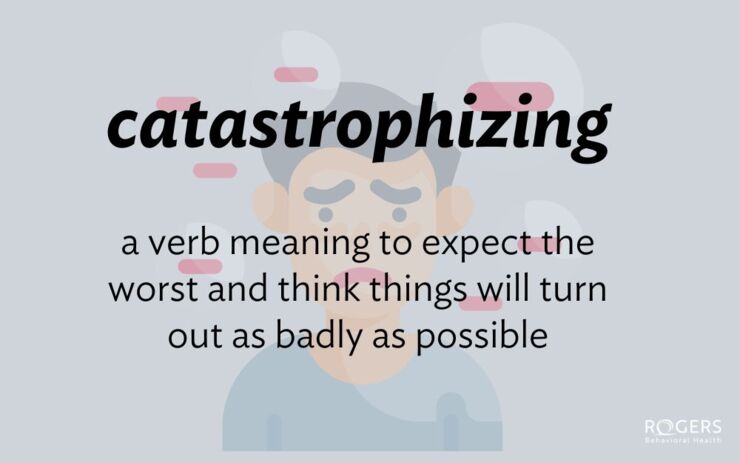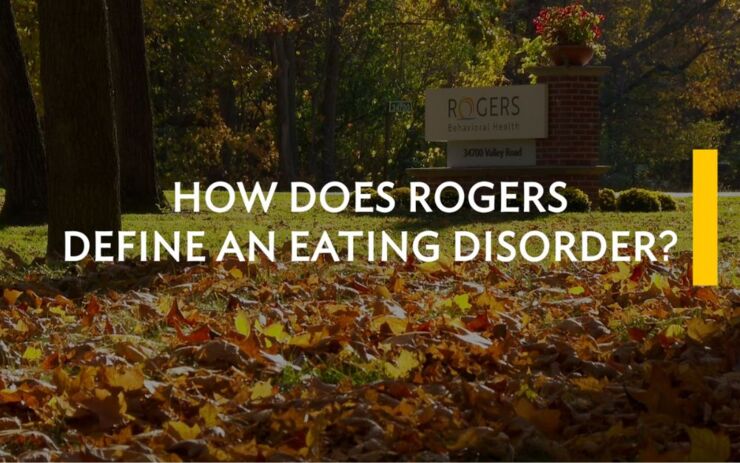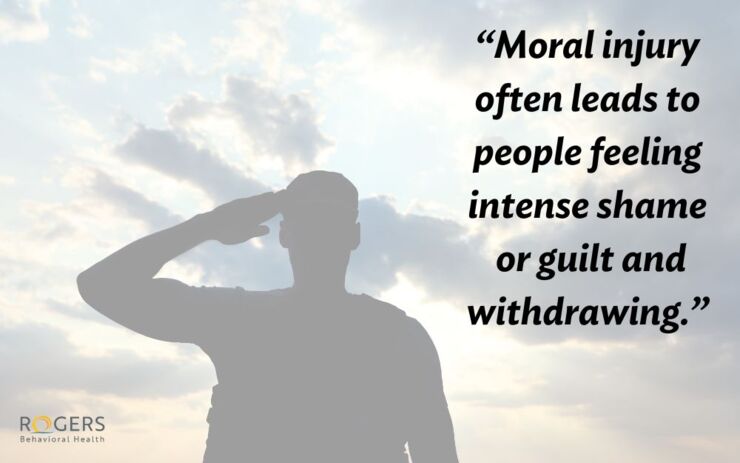SPMI: Rogers experts explain what serious and persistent mental illness is and how we treat it
Posted on 10/05/23 08:43:am
Share this article:
By Patrick Michaels, PhD, psychologist, Nashville clinical director and Rae Anne Ho Fung, PhD, LP, clinical director of outpatient services in West Allis
What is SPMI?
Serious and persistent mental illness (SPMI) is a mental, behavioral, or emotional disorder resulting in significant functional impairment, which means it substantially interferes with or limits a person’s major life activities. It may result in disability.
Common SPMIs include schizophrenia, schizoaffective disorder, bipolar disorders, Major Depressive Disorder, and chronic PTSD. It’s important to note that a diagnosis alone does not equate to impairment, rather the condition’s unmanaged symptoms are a barrier to wellness and community participation.
How common is SPMI?
According to SAMHSA 2021 data:
- Approximately 14.1 million adults ages 18 and older in the US have a SPMI
- SPMIs are more prevalent in women than men
- The highest rates occur among young adults 18 to 25 years old
Do we know what causes are?
Research suggests that there isn’t a direct cause; however, development of SPMI is influenced by an interaction between genetic, biological, environmental, and psychosocial factors.
Mental illness runs in families, therefore, having a family member with a mental illness leaves one more susceptible. Additional biological factors include infection, brain defects or injury, prenatal damage, substance abuse, poor nutrition, and/or exposure to toxins.
Environmental factors may include a dysfunctional family life, death or divorce, substance use by the individual’s parents, and social or cultural expectations.
Socioeconomic factors may also include unemployment, low income, poverty, debt, unstable living conditions, and/or educational attainment.
Psychological factors include psychosis, severe trauma (emotional, physical, or sexual abuse), loss of an attachment figure, neglect, and/or poor ability to relate/connect with other people.
Each person is impacted by these factors differently and it is often a combination of factors that result in development of SPMI.
Early intervention and social support are key factors in recovery.
What is the impact if left untreated?
People with SPMI may face unemployment or underemployment, discontinue educational pursuits, and/or have strained relationships with family and friends. At times, people who suffer may face homelessness or be susceptible to ineffective coping strategies such as alcohol misuse or drug dependence.
What treatment does Rogers Behavioral Health offer and why?
Rogers recently launched a SPMI intensive outpatient program in Brown Deer, WI with dedicated case management and a focus on education, family involvement, social skill development, health and wellness education, and experiential learning.
Research has shown that at least two-thirds of the population diagnosed with SPMI, with the proper recovery support, can live functional, value-driven lives. For that reason, the goal of this program is community inclusion with an emphasis on establishing meaningful life goals which may include, but are not limited to employment, higher education, volunteering, and improved socialization. Our client-centered treatment translates goals into action that allow the patient to begin a recovery journey that is consistent with their values.
Our unique program offers more robust and specialized services to meet the needs of patients in our community who may benefit from more structured support, including case management, before they’re ready for traditional outpatient services. It is best for those patients who need help developing structure and a routine with the goals of improving medication adherence, supporting engagement with the activities of daily living, developing social skills, and creating a comprehensive community support plan.



